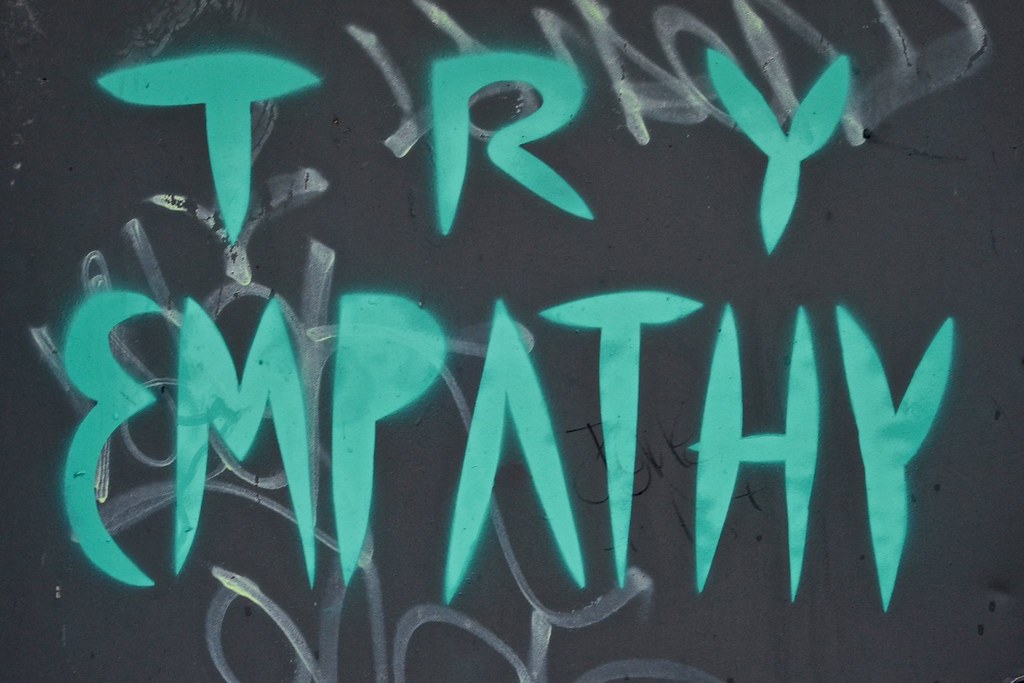As a first-year medical student, I worked with Dr. Marker at the E. Blair Warner Family Medicine Center. The medical staff was surprised to hear that medical students at Indiana University have opportunities for early clinical exposure. I was happy to gain hands-on experience while building my foundational knowledge in the classroom and learned meaningful lessons on this day.
After a couple of hours into our day, Dr. Marker asked me to gather a history and physical from a patient. I was eager to see my first patient, but I was concerned about the encounter. I happily introduced myself as I walked into the room, and she was happy to see me as well. I quickly learned about her concerns with depression, her tumultuous living situation and difficulties with past relationships. I was not prepared to handle these concerns and felt overwhelmed by her stories. I realized that it was my responsibility to direct the conversation to the primary concern of the visit, which was a follow-up for her high blood pressure. However, I could not forget how these underlying factors would be barriers to her care. It was difficult for me to redirect the conversation when I felt there were much bigger issues at stake, but I had to remind myself of my limits on how I could help her.
This encounter was especially difficult for me as I reflected on the experience after leaving the room. She suffered a life-changing car accident. She lost her husband of over 20 years. She had trouble walking and did not feel safe in her own home. I considered what life must be like for her. She reminded me that these life-altering events could happen to any of us. We could easily lose our lives our loved ones due to unfortunate events. That patient unknowingly reminded me to be thankful for the people I have in my life and for my well-being.
After I wrapped up the encounter, Dr. Marker shared that he sent me into the patient room with a purpose. He wanted me to see how personal patient encounters can be. Patients’ social concerns often affect their health condition, and it is critical to listen to their stories. Dr. Marker taught me a valuable lesson that day. Although physicians may not have the power to affect change in multiple aspects of patient lives, we do have the power to listen, practice empathy and show that someone genuinely cares about the patient.
I am grateful for the trust the patient had in me as a student physician. I learned those social determinants of health influence patients’ wellbeing and that our perception of the patient influences their care. Patients deserve a safe space and adequate time to speak about their concerns. Dr. Marker treats every patient as his own family, and I think that is a wonderful way to look at patient care. Difficult circumstances can influence how we interact with others, but we must remind ourselves to address our biases to understand patients’ perspectives.
Image credit: Try Empathy by pearlsareanuisance licensed under CC BY-NC-ND 2.0.









